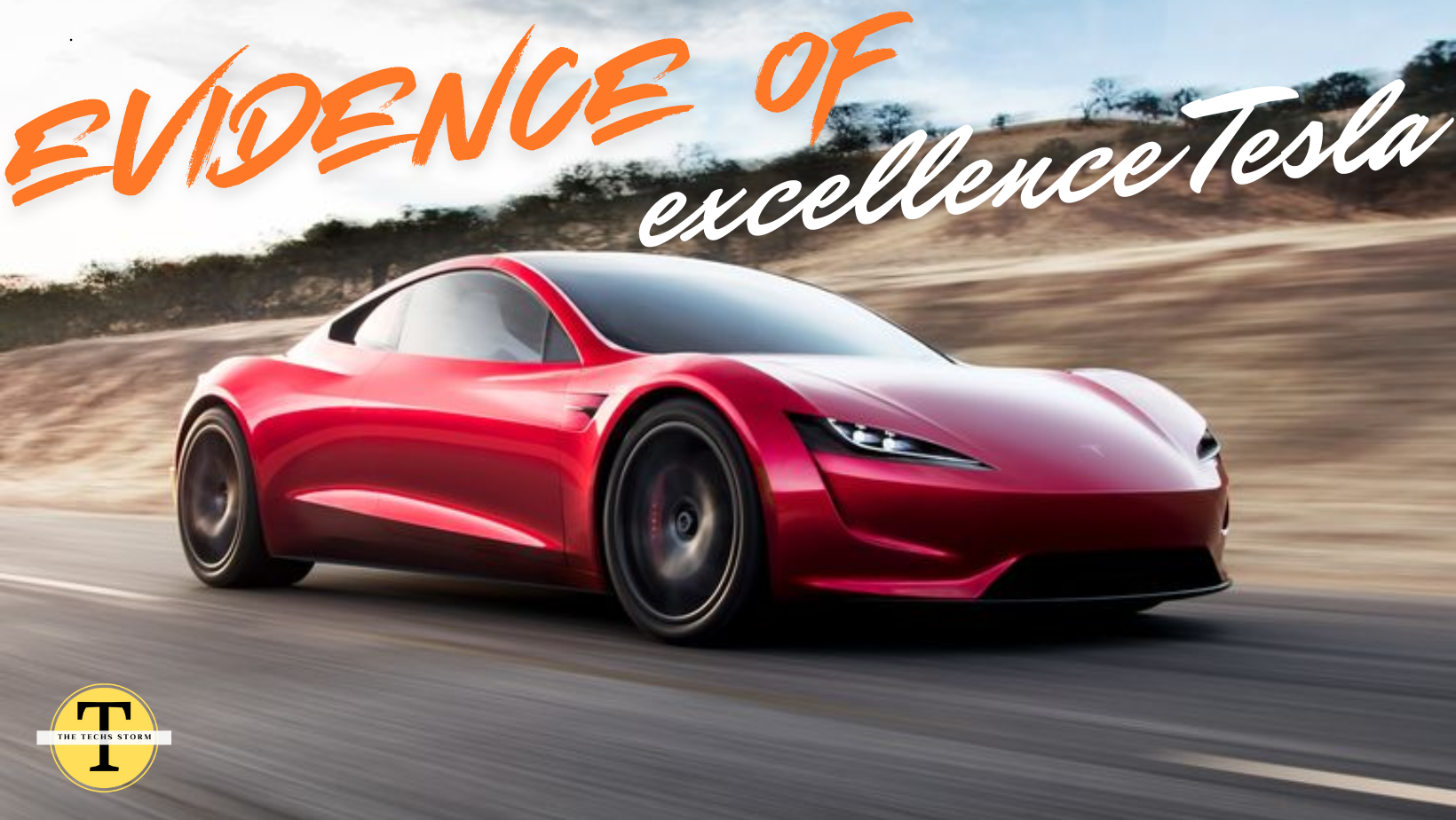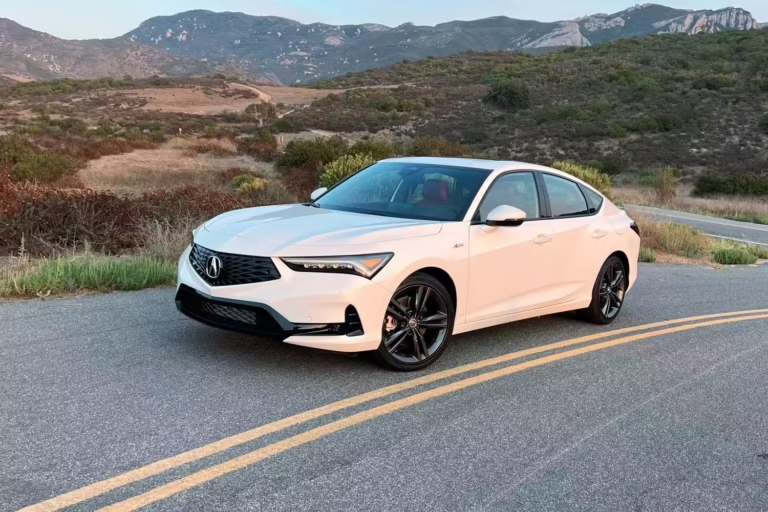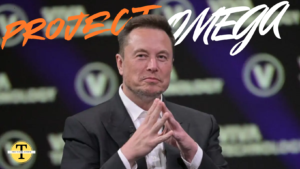Introduction
Tesla, Inc. is a lighthouse of invention in the fields of automotive and energy, not only a vehicle manufacturer. Established with the audacious aim of demonstrating that electric vehicles could be better, faster, and more enjoyable to drive than gasoline cars — that people did not have to compromise to drive electric — Tesla has definitely established its name. By means of their innovative technology and dedication to sustainable energy, Tesla has not only changed our perspective on vehicles but also our role in helping to create a better planet. This investigation of evidence of excellence Tesla will look at their technological advances, environmental initiatives, and major market influence, offering a whole picture of a firm that keeps questioning the status quo.
Innovation in Electric Vehicles (EVs)
With an eye on mass market appeal and great performance, Tesla’s approach to electric cars (EVs) is groundbreaking. With its great speed and extended range, the Tesla Roadster, their first automobile, broke stereotypes about electric vehicles. Models like the S, X, 3, and Y have each been added specifically to Tesla’s renown following the Roadster. These cars have great safety scores, performance measures, and innovative technologies such minimum user interfaces and regenerative braking.
One fundamental component of Tesla’s inventiveness is its battery system. Longer ranges and faster charging times made possible by the company’s ongoing developments in battery life, efficiency, and charging technology help to lower range anxiety for owners of electric vehicles. Further addressing this issue is Tesla’s exclusive supercharger network, which shows how closely they manage every component of the EV experience to guarantee user happiness.
Important also are safety and autonomous driving technologies. Leading car automation is Tesla’s Autopilot and forthcoming Full Self-Driving capabilities. Although not completely autonomous yet, these functions show major progress toward better and safer driving.
Sustainability Initiatives
Beyond only producing effective electric cars, Tesla’s goal is sustainability weaved into every aspect of the business. Using renewable energy sources mostly in their plants, Tesla’s manufacturing techniques are meant to have a minimum environmental impact. For example, the Nevada Gigafactory runs mostly on solar energy, therefore establishing a benchmark for environmentally friendly manufacturing techniques.
Not only does battery technology run vehicles, but it also is very important for Tesla’s energy storage products, including the Powerwall and Powerpack, which let homes and businesses store renewable energy. Furthermore leading the way in battery recycling is Tesla, making sure the components of batteries find second lives in other cells or other uses so reducing waste.
By means of these projects Tesla not only advocates zero-emission cars but also seeks for a wider acceptance of renewable energy, highlighting their dedication to a sustainable future.
Market Impact and Growth
Unquestionably, Tesla has upended the established automotive sector. Originally a little startup with great aspirations, Tesla has become a big force in the automotive sector. Their success challenges existing automotive corporations and sets new benchmarks for vehicle performance and environmental responsibility by showing soaring sales statistics and growing worldwide market share.
Beyond mere market data, Tesla’s impact has changed consumer expectations and pushed other automakers to speed their own electric vehicle initiatives. Bypassing conventional showrooms, Tesla’s direct-sales model has also spurred debates and legal challenges in various states, so stressing its disruptive influence on the car sales market.
This development path is about pushing a worldwide change toward sustainable transportation, not only about car sales. By entering several foreign countries, Tesla is strategically expanding in order to make electric cars available everywhere, hence increasing their environmental and financial influence.
Challenges and Criticisms
Tesla has its share of difficulties and criticism notwithstanding its accomplishments. Many times, production delays have plagued the introductions of new models, causing consumer and investor discontent. Sometimes manufacturing reality conflicts with the great expectations set by CEO Elon Musk, underscoring the challenges in increasing output without sacrificing quality.
Safety issues have also attracted attention, especially with relation to Tesla’s Autopilot capability. Although Tesla advocates Autopilot as a means of reaching completely autonomous driving, there have been events raising doubts about the safety of releasing such systems too soon. These events remind us of the difficulties automated driving systems face as well as the need of thorough testing and legal approval.
An second major difficulty is regulatory oversight. Legal disputes regarding direct sales rules and labor issues have resulted from Tesla’s unusual approach to automobile manufacture and sales. These obstacles highlight the limitations of developing in a sector under strong regulation and provide continuous obstacles for Tesla as it keeps growing.
Future Outlook and Innovations
Looking forward, Tesla seems not to slow down. Projects like the revised Roadster model and the Tesla Cybertruck attempt to challenge the limits of what electric cars can accomplish. Beyond just cars, Tesla’s activities in solar technologies and energy storage keep growing, offering a more complete energy solution spanning beyond mobility.
According to Tesla’s ten-year vision, autonomous driving features and battery technology will make major breakthroughs. These developments, in line with world trends toward sustainability and efficiency, might transform not only the automotive sector but also how energy is consumed and stored.
With every fresh project and initiative, Tesla guarantees its position at the forefront of technical development by reaffirming its vision for a sustainable future and its dedication to invention.
Conclusion
A monument to Tesla’s dedication to excellence, its path from an aspirational startup to a leader in electric cars and renewable energy shows By means of technological advancements, environmental initiatives, and market strategy, Tesla has not only affected the automobile sector but also established the pace of environmental responsibility. As Tesla keeps innovating and growing, its impact is likely to spread and help to shape world-wide transportation and energy consumption.






